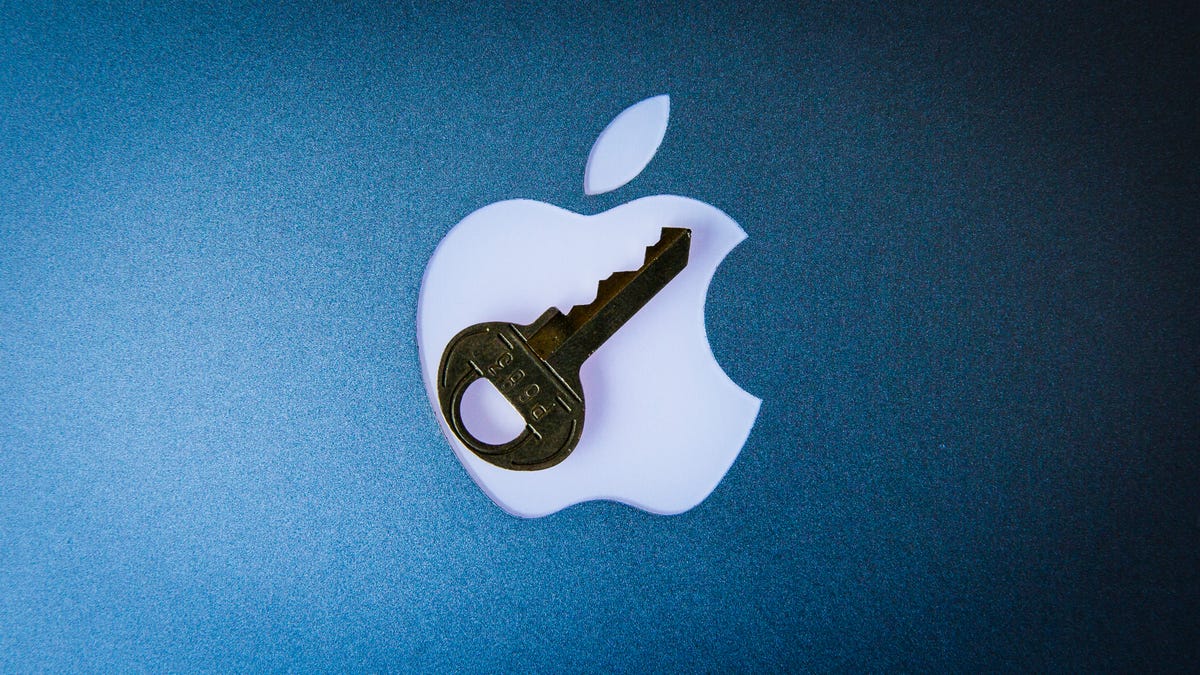Justice Dept. appeals ruling in NY iPhone encryption case
The FBI wants another judge's perspective in its effort to force Apple to unlock an iPhone linked to an accused drug dealer in New York -- a request that was denied last month.

The Justice Department is taking a new swing at forcing Apple to help it unlock an iPhone linked to a criminal case.
The US Justice Department fired another salvo Monday in its battle with Apple, asking that a higher-ranking judge consider its recently denied request that the electronics maker unlock an iPhone linked to an accused drug dealer in New York.
The move was expected after a federal judge in Brooklyn ruled last month that the US had no right to use a 227-year-old law to compel Apple to unlock a specific device and denied its motion.
The All Writs Act is the same law the Justice Department is hoping to use in a separate, high-profile fight with Apple over the contents of an iPhone 5C used by one of the terrorists involved in the December massacre in San Bernardino, California.
"Apple is not being asked to do anything it does not currently have the capability to do," prosecutors said in a 51-page filing (see below) Monday that appeals a ruling by Magistrate James Orenstein on February 29. "Apple has extracted data from iPhones like this one pursuant to All Writs orders numerous times, including as a result of orders issued in the Eastern District of New York."
Orenstein's ruling is considered key because it may set a precedent strengthening Apple's argument that it doesn't have to cooperate with a February 16 court order to hack into the terrorist's iPhone. Apple argues that the FBI's demand for a new version of its iOS mobile software will create a "back door" into every iPhone and leave customers vulnerable to hackers. It has also said the case involves a broader privacy issue.
"Judge Orenstein ruled the FBI's request would 'thoroughly undermine fundamental principles of the Constitution' and we agree," Apple said in a statement Monday. "We share the Judge's concern that misuse of the All Writs Act would start us down a slippery slope that threatens everyone's safety and privacy."
Government authorities argue that access to the information is critical to ensuring national security and preventing attacks like the San Bernardino shooting, which left 14 people dead and 20 wounded.
The New York case deals with an accused drug trafficker and the government's ability to use the All Writs Act to force Apple to help hack into the device. Orenstein, however, decided the law couldn't be used in that way.
The Justice Department had previous said it was "disappointed" by last month's ruling in New York and said it will continue to use the judicial system to try to get access to the iPhone.

